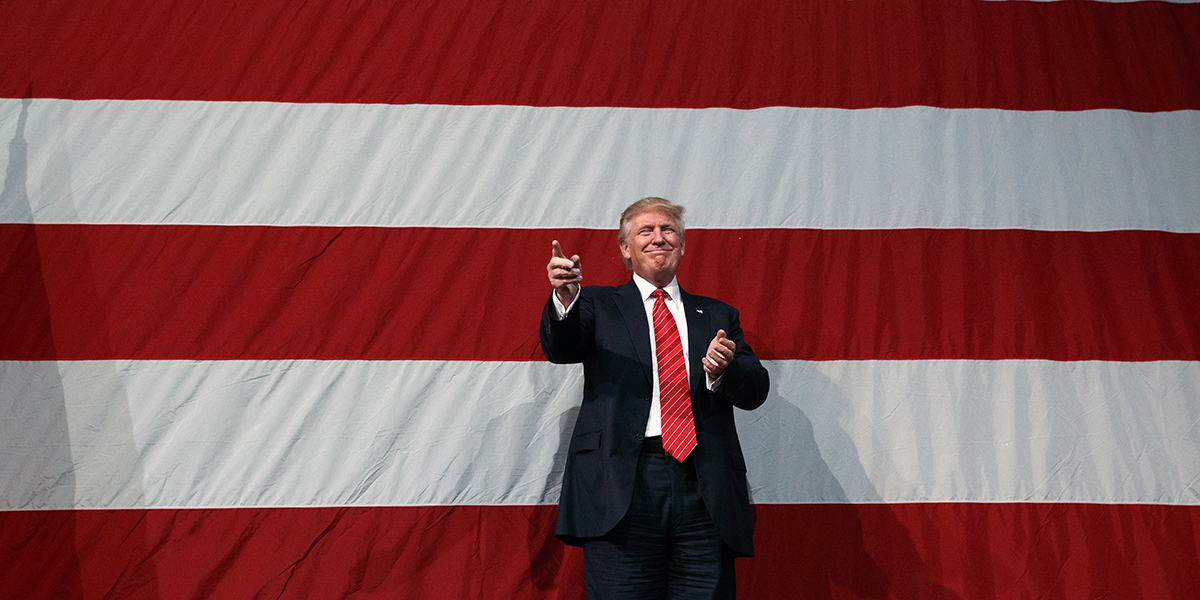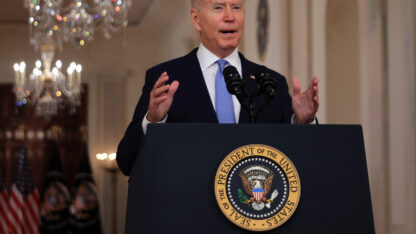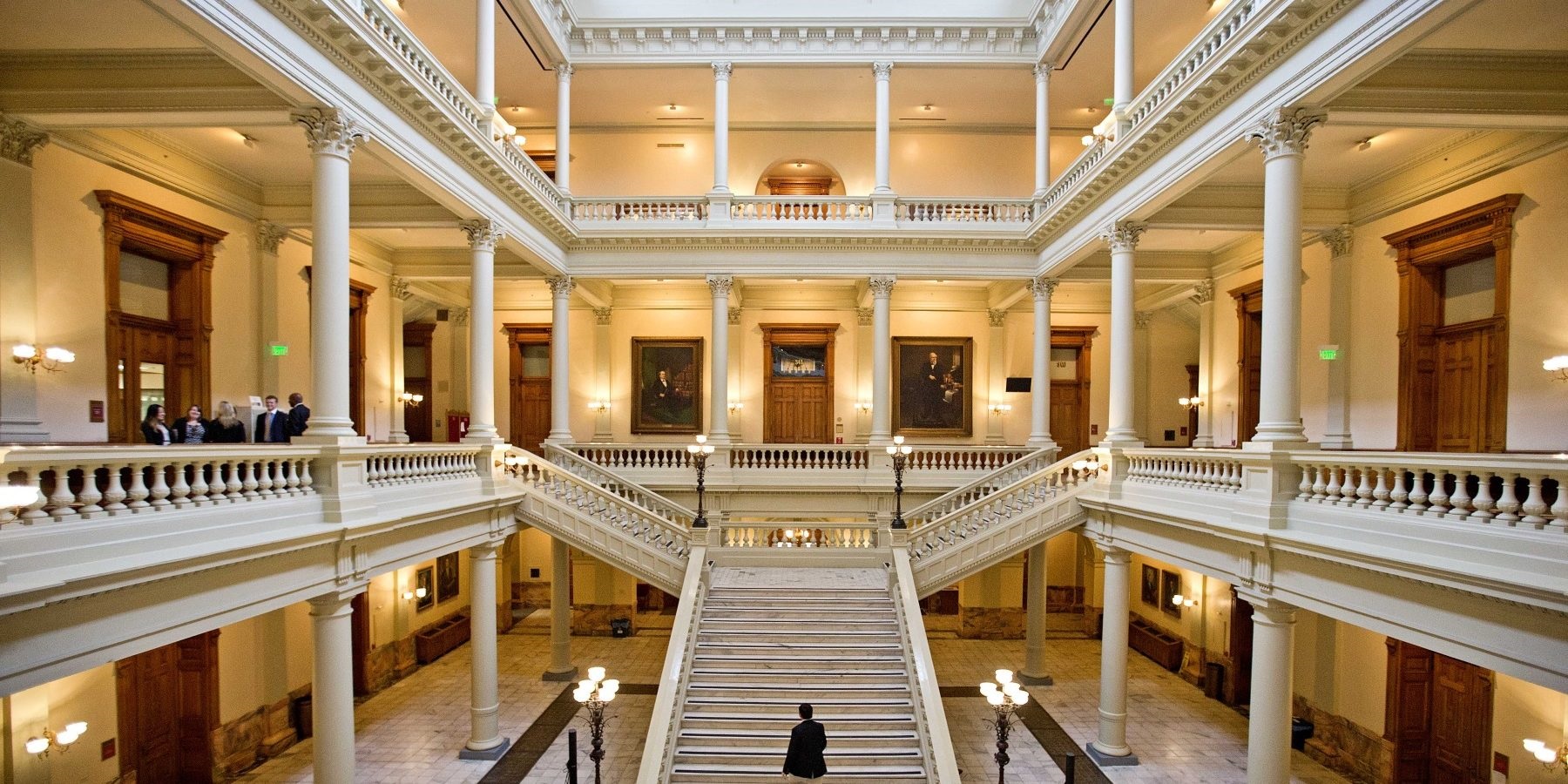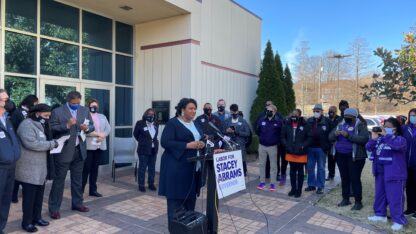Trump Campaign Expands In Ga., Denies It’s A Battleground

Republican presidential candidate Donald Trump arrives for a campaign rally at Crown Arena, Tuesday, Aug. 9, 2016, in Fayetteville, N.C. (AP Photo/Evan Vucci)
Evan Vucci / Associated Press
Georgia’s beginning to look a lot more like a presidential battleground, says UGA’s Charles Bullock.
There’s been a lot of hot talk this presidential campaign season about Georgia turning purple. Whether you buy that or not, it appears the Trump campaign is taking notice.
In an announcement Wednesday, the Trump-Pence campaign said two new Georgia staff members, including a senior advisor, will be “dedicated to keeping the state in the Republican win column.”
The newly minted Trump team said the expansion does not mean they think the state is in danger of slipping away, but University of Georgia political scientist Charles Bullock said actions speak louder than words.
“Campaigns don’t spend money on things which are sure bets or lost causes,” said Bullock.
Bullock said Georgia did not get this kind of attention from either party in 2012.
Jennifer Hazleton, the Trump-Pence campaign’s new communication director in Georgia, responded to Clinton campaign tweets boasting that Trump has had to shift energy away from more traditional battleground states.
“If they want to spin this into some sort of fairy tale where they think that that means that resources are being pulled elsewhere, they can live in that land of delusion all they want, but that’s not reality,” Hazleton said.
Meanwhile Hillary Clinton’s campaign says it sent “a six-figure amount” to the Georgia Democratic Party this Monday and has beefed up its organizing team in the state.
“It doesn’t mean that Georgia’s going to turn blue overnight,” said Addisu Demissie, who directs National Voter Outreach and Mobilization for Hillary for America. “But Donald Trump has opened the door, and we’re going to walk right through it.”
Bullock said Democrats promoting a purple Georgia narrative is nothing new. For years, they’ve pointed to changing demographics, a growing number of minorities, the changing voting behavior of younger voters and educated women in the state.
“I think people just looked at it and said, ‘Well, sure. A party would say this even if they themselves didn’t believe it.’ You kind of have to have that message to keep up the faith among your partisans,” he said. “The polling that has come out within the last couple of weeks have given them some data to go with the theory.”
Bullock said there’s broad agreement that Georgia won’t remain staunchly red forever. Whether or not that transition will take place in 2016, or if votes for president are a fair reflection of larger political trends in the state, is up for debate.
9(MDAxODM0MDY4MDEyMTY4NDA3MzI3YjkzMw004))








